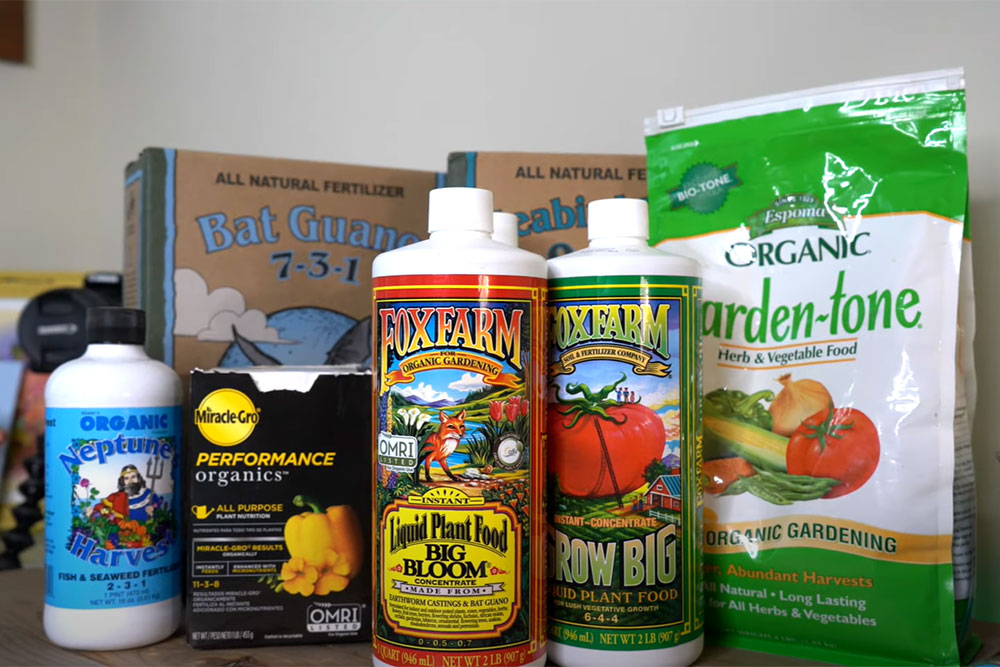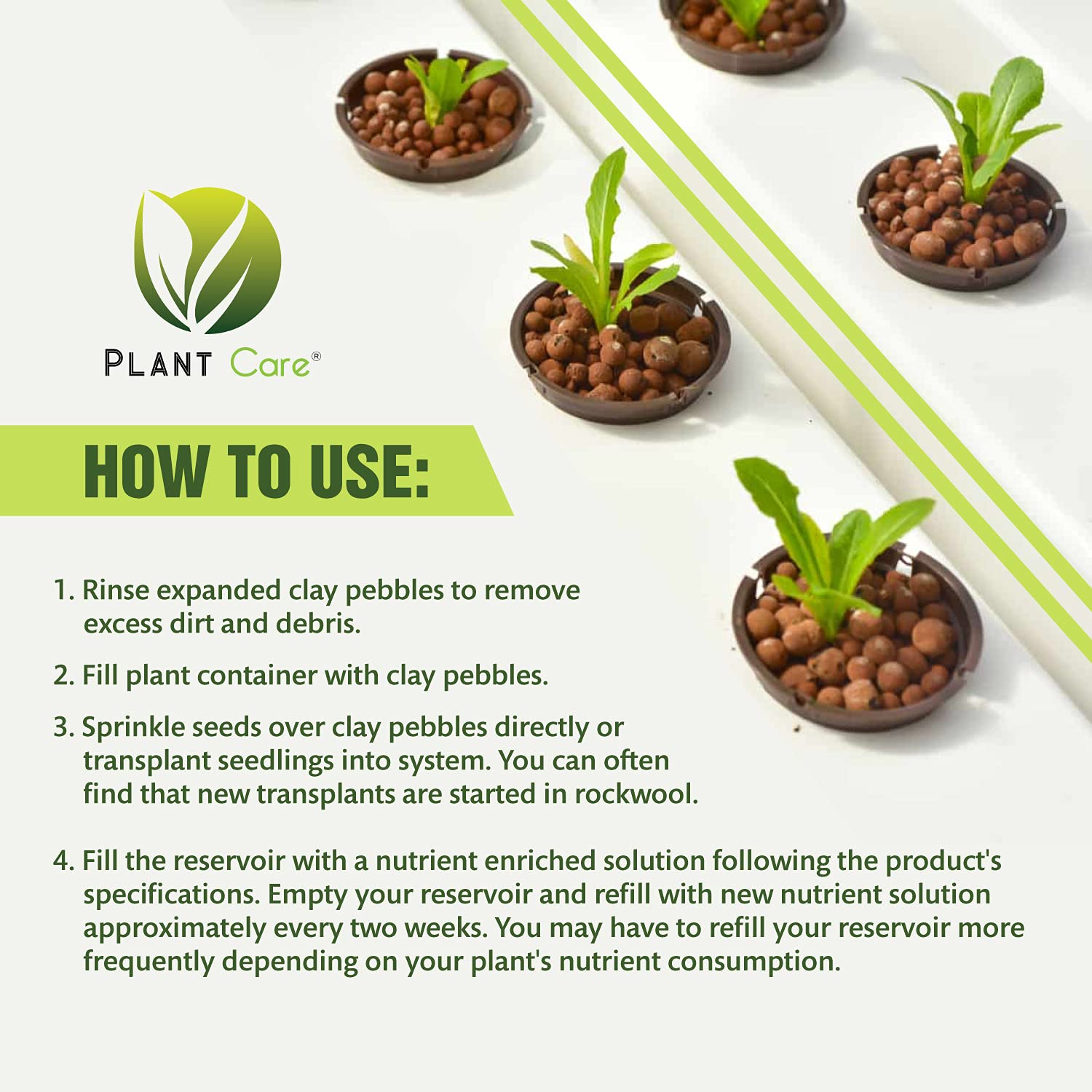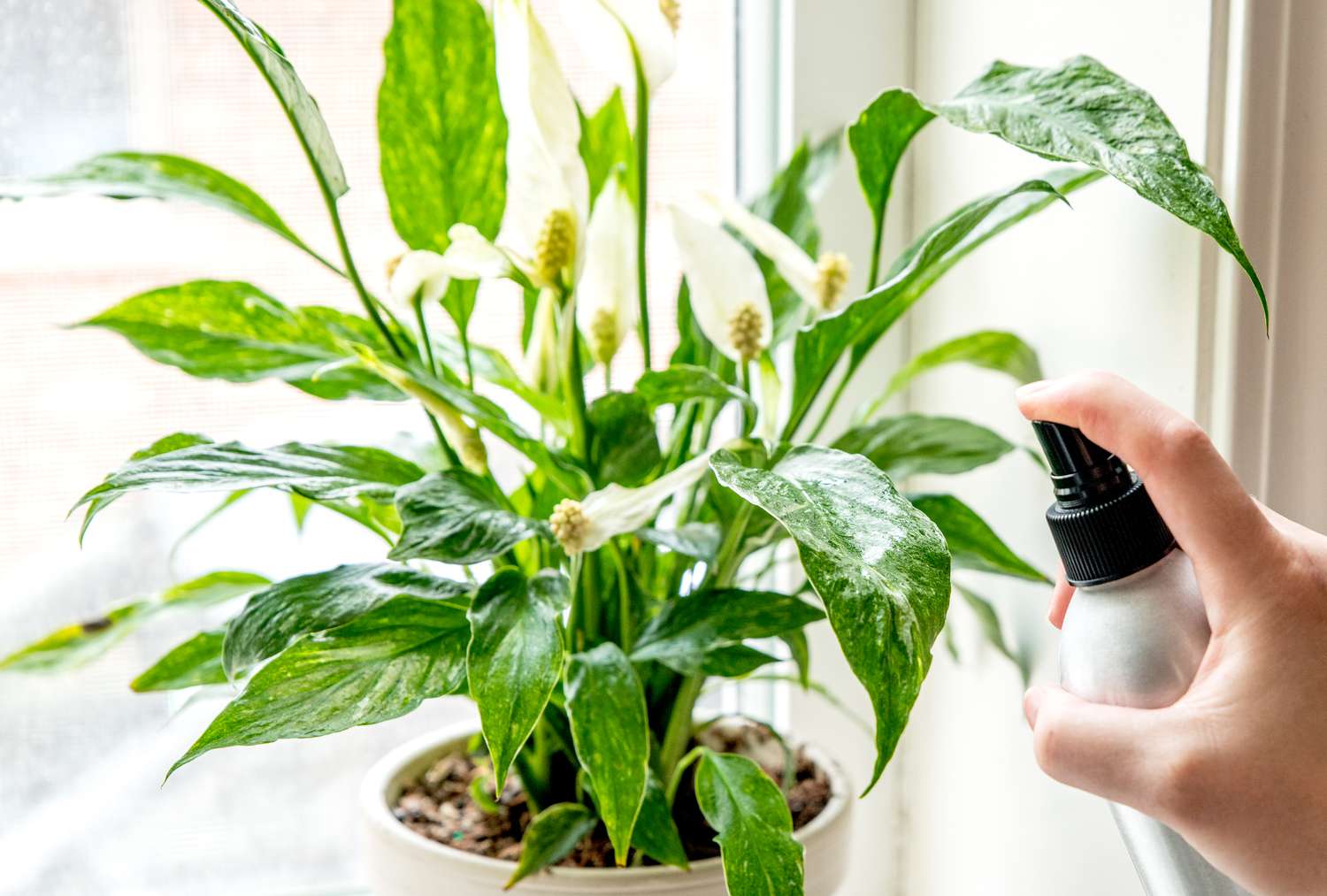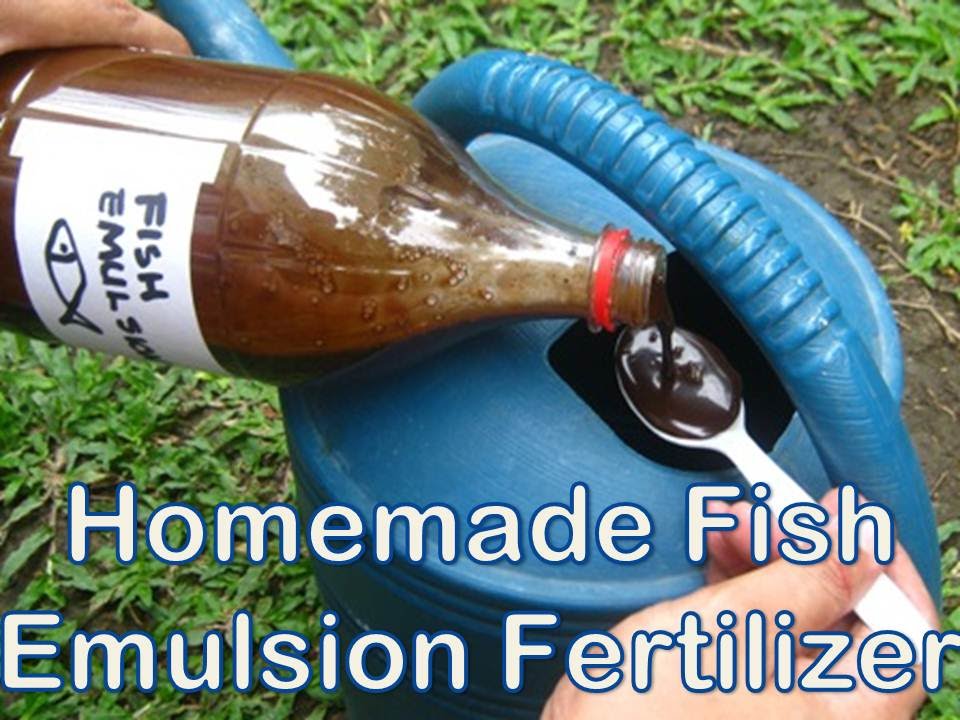Best Organic Fertilizer for Pepper Plants
When it comes to growing healthy and thriving pepper plants, using the right fertilizer is essential. Organic fertilizers are a great choice for environmentally-conscious gardeners who want to avoid chemical-laden products. In this article, we will explore some of the best organic fertilizers for pepper plants that will help you achieve a bountiful harvest.
1. Fish Emulsion
Fish emulsion is a popular organic fertilizer that is made from fish byproducts. It is rich in nitrogen, phosphorus, and potassium – three essential nutrients that pepper plants need to thrive. Fish emulsion is usually sold as a liquid concentrate that can be diluted with water and applied directly to the soil around your pepper plants. This fertilizer is fast-acting and can provide a quick nutrient boost to your plants.
One thing to keep in mind when using fish emulsion is that it has a strong odor, so you may want to apply it when the weather is cool and breezy to avoid unpleasant smells. Overall, fish emulsion is a great choice for pepper plants that need a nutrient boost.
2. Compost
Compost is another excellent organic fertilizer option for pepper plants. It is made from decomposed organic matter, such as kitchen scraps, yard waste, and manure. Compost is rich in organic matter and essential nutrients that can improve soil structure and fertility.
You can make your own compost at home using a compost bin or purchase it from a gardening center. To use compost as a fertilizer for your pepper plants, simply spread a layer of compost around the base of the plants and gently work it into the soil. Compost will slowly release nutrients into the soil, providing a steady supply of food for your pepper plants.
3. Seaweed Extract
Seaweed extract is a natural fertilizer that is derived from seaweed. It is rich in trace minerals, growth hormones, and other beneficial compounds that can promote healthy growth in pepper plants. Seaweed extract can be applied as a foliar spray or directly to the soil to improve nutrient uptake and overall plant health.
One of the benefits of seaweed extract is that it can help pepper plants resist environmental stressors, such as drought and heat. It is also a great choice for organic gardening enthusiasts who want to use sustainable and eco-friendly products in their gardens.
4. Worm Castings
Worm castings are a nutrient-rich organic fertilizer that is produced by earthworms. They contain a high concentration of beneficial microbes, enzymes, and nutrients that can improve soil health and promote plant growth. Worm castings can be applied to pepper plants by mixing them into the soil or making a worm tea to water the plants.
Using worm castings as a fertilizer can help improve soil structure, retain moisture, and increase nutrient availability to pepper plants. This natural fertilizer is safe to use around children and pets and is an excellent choice for organic gardeners looking to boost their pepper plant’s health.
5. Bone Meal
Bone meal is a natural fertilizer made from ground animal bones. It is rich in phosphorus, which is essential for healthy root development and flower formation in pepper plants. Bone meal can be applied to the soil before planting pepper plants or used as a side dressing during the growing season.
One thing to consider when using bone meal is that it may attract animals, so be cautious when applying it in your garden. Overall, bone meal is a great organic fertilizer option for pepper plants that need a phosphorus boost.
Choosing the right organic fertilizer for your pepper plants can make a significant difference in their growth and productivity. Whether you opt for fish emulsion, compost, seaweed extract, worm castings, or bone meal, you can rest assured that you are providing your plants with the essential nutrients they need to thrive. Experiment with different organic fertilizers to find the best option that works for your pepper plants and enjoy a bountiful harvest.



